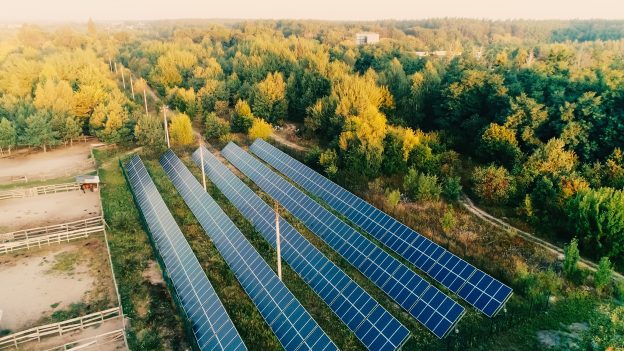Taiwan’s Ministry of Economic Affairs (MOEA) has released its final version of the 2018 FIT scheme for the renewable energy industries on 14 December. For the first half of next year, the rate for 1-20kW solar PV projects is set at NT$5.8744/kWh, or 9.09% higher than the rate that was proposed earlier. As for geothermal power plants, their FIT rate for the first 10-year period of operation is set at NT$6.171/kWh, which is also 9.32% higher than the early tentative rate. MOEA furthermore announced that participants in the recently launched rooftop solar program will receive a rate increase of 3% in addition to the 6% hike for adopting high-efficiency solutions. MOEA believes that the final version of the 2018 FIT scheme will encourage the public to install solar PV systems and accelerate the development of geothermal power plants.
Before the final version of the 2018 FIT scheme was released on 14 December, MOEA had held two hearings on 11 October and 1 November, respectively, to draft the policy and consult the public. MOEA stated that the credibility of the FIT scheme is well established because its design is based not only on statistics and public input but also the objective realities of Taiwan’s climate and available resources. Nevertheless, the FIT rates and supporting policies for solar PV, offshore wind, and geothermal generation were fine-tuned before their finalization. The same principles behind the final review also apply to the development of related supporting policies.
With regard to FIT rates for solar PV projects, MOEA stated adjustments were made based on experiences and comments from industry professionals. In the final version of the FIT scheme, the construction time window of both ground-based and offshore (floating) projects has been extended by three months. Thus, projects that are scheduled for completion between 1 January and 30 September 2019 are now also eligible for the 2018 rates.
The government has also decided to maintain a strong level of support for small-scale and rooftop projects. The latest FIT rate table released by MOEA indicates that the rate reduction for the 1-20kW range will be much smaller compared with the cuts mentioned in the earlier public hearings. The calculation of the 2018 rates for 1-20kW projects is actually comparable to this year’s formula for 20-100kW projects. Additionally, MOEA announced that all participants in the rooftop solar program will get a rate increase of 3% that is extra to the 6% increase for rewarding the use of high-efficiency PV modules. This measure is an incentive for the public and is expected to help the program reach its target.
The FIT for offshore wind farms has taken account of the cost structures of wind farms in other countries. Furthermore, the government is going to compensate the domestic fisheries for the potential impact of wind turbines. After factoring the additional information, MOEA has tweaked its calculation of costs for the initial installation and operation phase to ensure consistency. The final version of the FIT scheme therefore has raised the rate of offshore wind farm by another 0.61%.
As for geothermal electricity projects, the FIT will be high during the initial operational period and then climb down gradually at intervals. The aim of the government is to hasten the building of geothermal power plants by reducing risks for prospective investors. The finalized rate for a geothermal power plant is set at NT$6.171/kWh for its first 10 years of operation. Again, this is an increase from the earlier tentative rate.
With the latest announcement, MOEA has formally concluded the design and review of the next year’s FIT scheme, which will be implemented in the follow-up legislative and bureaucratic processes. MOEA has stressed that the rates are based on actual market data and can be held up to scrutiny for their effectiveness (i.e. in terms of attracting investments) as well as fairness. Taiwan’s government will continue to carefully review FIT and related policies so that the island’s renewable energy sector will have a solid foundation to grow on.
(Photo Credit:CoCreatr via Flickr CC2.0)







